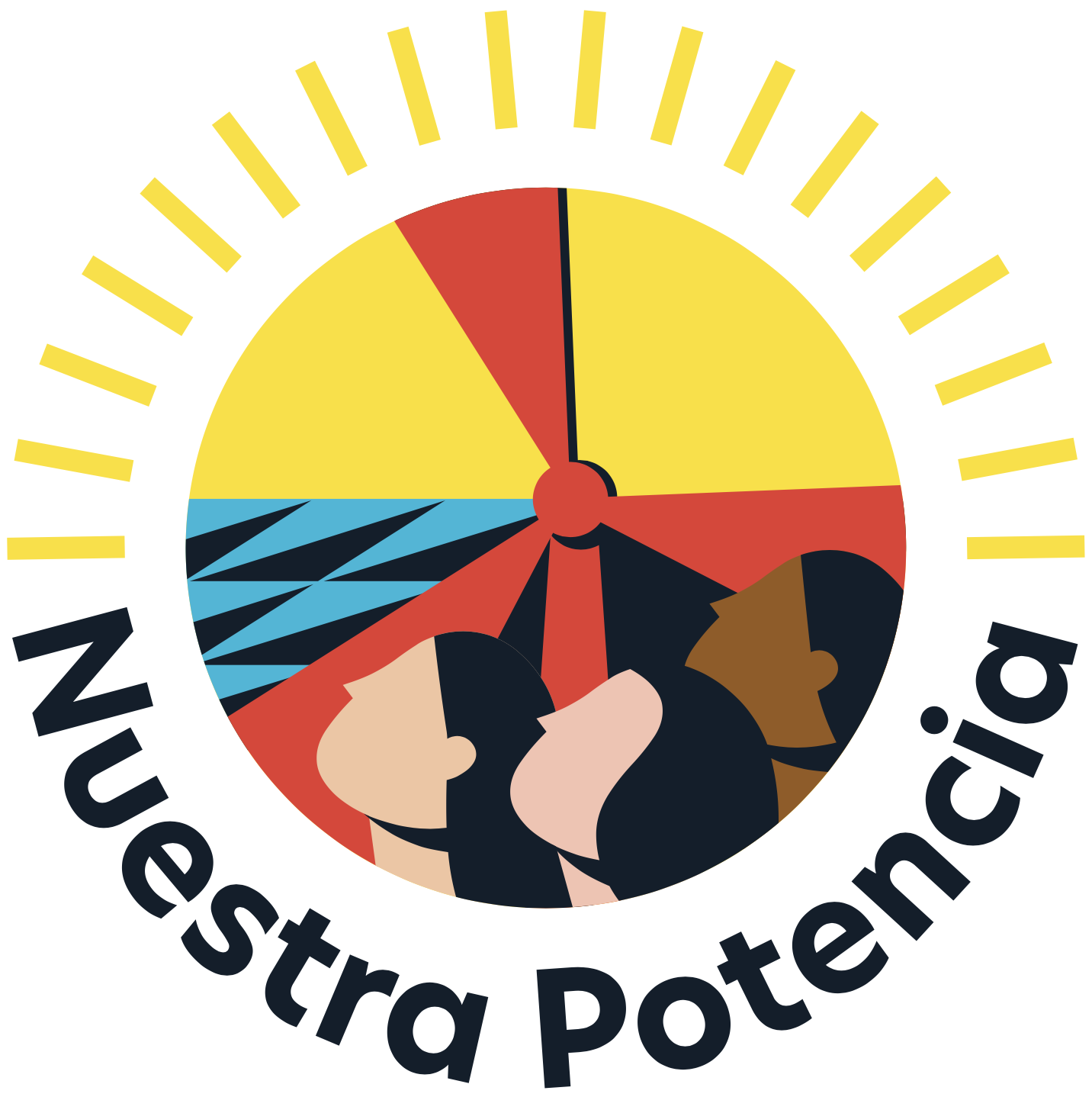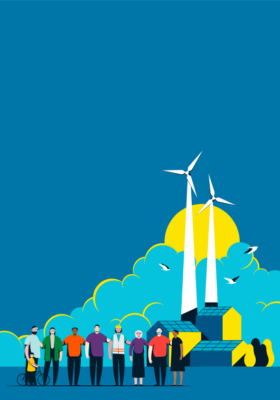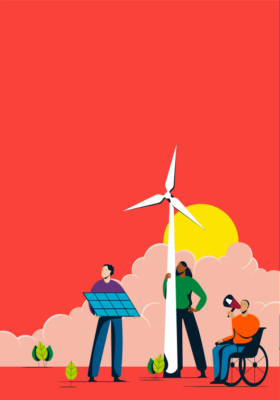“The revolutionary days I have been outlining are days in which hope is no longer fixed in the future: it becomes an electrifying force in the present.”
― Rebecca Solnit, Hope in the Dark: The Untold History of People Power
You’ve fought for your project. Maybe you’ve won. Maybe you’ve lost. Maybe you’re stalled out in a long-term holding position.
No matter what happens you have one more key job to do: debrief with your core team, analyse what political situation would have made it easier to win/lose, and widely share your lessons.
Debrief with your core team
When debriefing a campaign or project, it’s important to reflect on the process and outcomes to gather insights and identify areas for improvement. Here are some key questions to consider during a debrief:
- Did we achieve our objectives? Evaluate whether the campaign successfully met its goals and objectives. Assess the extent to which the desired outcomes were achieved and if any adjustments were necessary during the campaign.
- What worked well? Identify the strategies, tactics, or activities that were successful and contributed to the campaign’s success. Recognize the strengths and effective practices that can be replicated in future initiatives.
- What challenges did we face? Identify the obstacles, difficulties, or unexpected issues encountered during the campaign. Evaluate how these challenges were addressed or mitigated and consider how they could be better managed in future endeavours.
- Did we reach our target audience? Assess the campaign’s reach and impact on the intended audience. Determine whether the messaging, communication channels, and outreach efforts effectively engaged the target demographic or community.
- What was the level of community engagement and participation? Evaluate the level of involvement and participation from the community or target audience. Assess the effectiveness of community engagement strategies and activities in fostering active participation and building relationships.
- How did the campaign impact stakeholders? Identify the campaign’s impact on key stakeholders, including community members, partners, or decision-makers. Determine whether the campaign influenced perceptions, attitudes, or behaviours and if it helped build relationships with stakeholders.
- What were the key lessons learned? Reflect on the insights and lessons gained from the campaign. Identify what worked well and what could be improved. Consider new strategies, approaches, or tools that could enhance future initiatives.
- What were the strengths and weaknesses of our team or organisation? Evaluate the performance and effectiveness of the team or organisation involved in the campaign. Identify strengths and weaknesses in terms of skills, resources, coordination, and collaboration.
- Did we effectively utilise available resources? Assess how well we used resources such as budget, time, personnel, and technology. Determine whether the resources were effectively allocated and utilised to achieve the desired outcomes.
- What recommendations do we have for future campaigns? Based on the campaign’s outcomes and lessons learned, provide recommendations for future campaigns or projects. Consider adjustments to strategies, tactics, messaging, or resource allocation to enhance future initiatives.
By addressing these key questions during the debriefing process, you can gather valuable insights and apply them to future campaigns, enabling continuous improvement and success.
Analyse the barriers
Whether you won or lost, you have gained a lot of expertise. One aspect of debriefing is looking at the different barriers that made it possible to win — or made compromises worse — or made it impossible to win.
These conditions — larger than just your local context — are the political context in which you swim. With RE projects, they are often linked to institutional barriers: policies on net metering, access to private funding, bureaucratic support, the grid set-up, etc.
Get your group to look at these and assess if there are a few key changes that need to be made at the policy level. Some people will be done when the campaign is done. Respect that. But others may be ready to take on another struggle — including campaigning on these!
As mentioned in the section on “Fighting bad policy” (in the chapter Implement the Plan), you may find groups already working on these policy-levels or may need to build a group to do that. Make it easier for the next group — tear those barriers down!
Share those stories
Every person who benefited from your larger effort to build community-led renewable energy projects can inspire others by sharing their stories. They can tell other neighbours, produce content on social media or even go on a national speaking tour — their story matters and can create a spiralling effect into other campaigns by letting others know about it.
Groups have written key lessons about #WhenWeLose or how their campaign stalled out — and of course many, many groups have written about how they have won. The goal is to transmit lessons across the larger climate movement as widely as possible.
Some groups make this very explicit: after getting hooked up to the new RE project, people receive an “ambassador’s packet” which tells them how they can talk about the campaign and makes it easy to share with other people.
One very practical thing you can do: give everyone involved the project an award and a title as an ambassador to the project. The certificate might include specifics on how that person contributed to the effort (and it can be signed by any other person involved in the renewable energy project). The certificate includes what’s expected from an ambassador:
- Posting about the project’s success
- Presenting to other groups who might be interested in duplicating the project
- Sharing with their friends and community about how the project is helping the community
You can see more about sharing your story: TRAINING: Share your story
And of course post at OurOwnPower.org about your campaign and what you are learning.
We do all this sharing because the overall goal is not just one single project. The vision is our communities growing in their internal strength, not dependent on the fossil fuel industry or outside barons owning our utilities or energy sources. This isn’t just a vision for one place — but for the larger world.
Thanks for your work, your courage and your effort for making a better world!
Supplemental Resources








